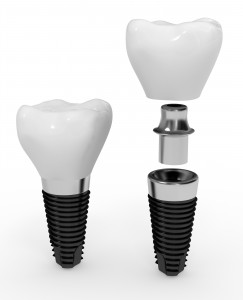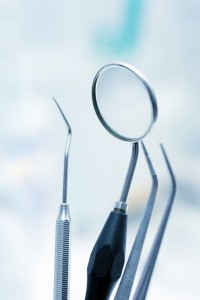Contrary to popular belief, not everyone has dental insurance. There is a high percentage of people who do not have dental benefits. Because of this problem, The Center for Advanced Dentistry has decided to offer our patients an In-office Dental Assistance Savings Plan. The Center for Advanced Dentistry’s discount plan is designed to provide affordability and greater access to quality dental care. With this plan, there are:
- No yearly maximums
- No deductibles
- No claim forms
- No pre-authorization requirements
- No pre-existing condition limitations
- Immediate eligibility (no waiting periods)
- Free Consultations
This plan is only honored at The Center for Advanced Dentistry. This dental plan is not an insurance plan that can be used with any other dental office. The plan entitles you to 2 exams and cleanings anytime during a period of one year. In addition, bitewing dental x-rays will be taken during that time.
There are other special discounts offered with this plan. Please see the link below for specific details. Or call our office at 216-595-1710. We look forward to hearing from you!

 At the
At the  The New Year is here! While everyone is busy making resolutions and heading to the gym, why not start out 2013 right with
The New Year is here! While everyone is busy making resolutions and heading to the gym, why not start out 2013 right with  Sleep apnea is a common issue with men and women, ranging in age from children to adults. If not treated properly with the right amount of examination and care, the effects can be fatal. Don’t let the early warning signs pass you or your loved ones by.
Sleep apnea is a common issue with men and women, ranging in age from children to adults. If not treated properly with the right amount of examination and care, the effects can be fatal. Don’t let the early warning signs pass you or your loved ones by. Mercury-free for all these years? Is this kind of dentistry right for me, beyond the dental care I’ve had for years?
Mercury-free for all these years? Is this kind of dentistry right for me, beyond the dental care I’ve had for years? Want to give the gift of dental implants for the new year? It’s not that far fetched.
Want to give the gift of dental implants for the new year? It’s not that far fetched. may be only a few weeks apart, but they can seem closer than that, especially if you’re hosting a lot of friends and family. Of course you have a lot of shopping to do in between then, but don’t forget the importance of having a clean bill of oral health.
may be only a few weeks apart, but they can seem closer than that, especially if you’re hosting a lot of friends and family. Of course you have a lot of shopping to do in between then, but don’t forget the importance of having a clean bill of oral health. Even if you’ve been to the dentist just once in your life, you know that sugary foods and drinks are bad for your teeth. But do you know why that is?
Even if you’ve been to the dentist just once in your life, you know that sugary foods and drinks are bad for your teeth. But do you know why that is? Fall starts on Saturday, September 22. That means a new season, and the cooler weather that comes with it, is on the way. It also means the arrival of the holiday season, a joyful but notoriously hectic time for most of us.
Fall starts on Saturday, September 22. That means a new season, and the cooler weather that comes with it, is on the way. It also means the arrival of the holiday season, a joyful but notoriously hectic time for most of us. We’re only a week into August but a new school year is just around the corner, which raises an important question: have you brought your son or daughter into
We’re only a week into August but a new school year is just around the corner, which raises an important question: have you brought your son or daughter into